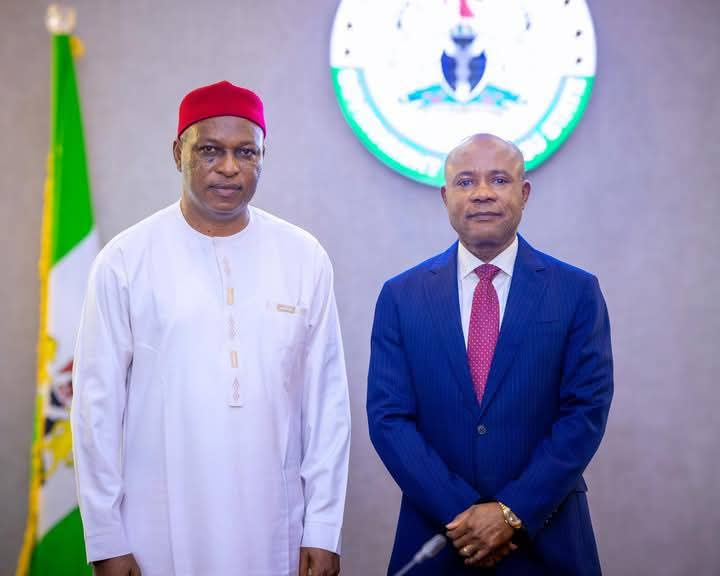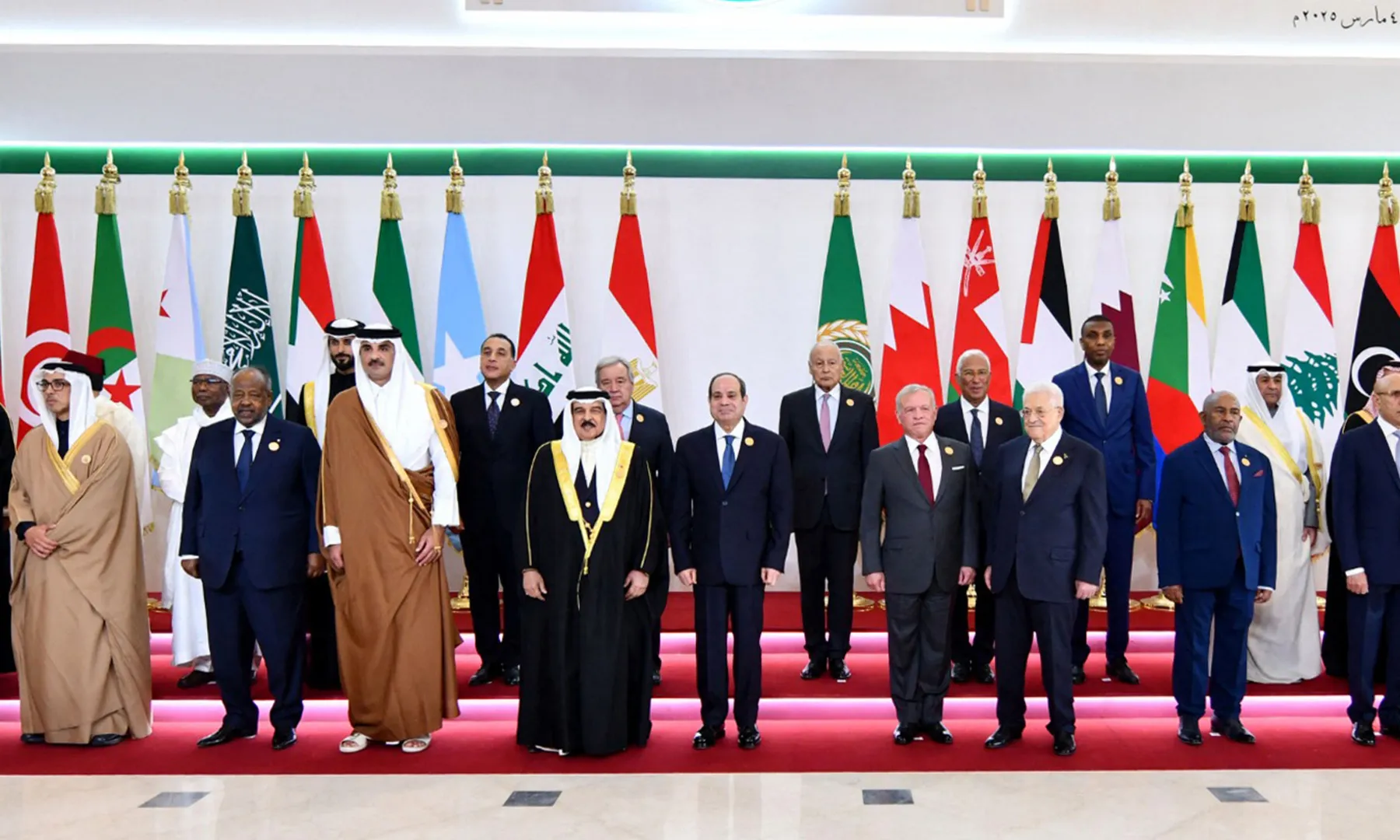Abuja, June 9, 2024 — A significant number of Nigerians have expressed their support for a set of proposed bills by 35 members of the House of Representatives, which seek to introduce a single six-year term for the President and state governors.
The bills also advocate for the rotation of the presidency among the country’s six geopolitical zones and the rotation of governorship among the three senatorial districts in each state.
Ikenga Ugochinyere, a spokesperson for the lawmakers under the auspices of the Reformed-minded Legislators, stated that the proposal aims to reduce the cost of governance, unite the country, and ensure a seamless transition and unprecedented development. Advocates argue that if passed, these bills would end agitations, redefine the country’s democracy, and promote peace and equity.
However, not everyone is convinced. Some citizens dismissed the proposal, arguing that a single six-year tenure would not address the underlying issues facing Nigeria.
Supporters Praise the Bills’ Potential for Stability
Former Chairman of the National Economic Summit, Mazi Sam Ohuabunwa, lauded the single six-year term proposal, asserting that it would prevent the desperate struggles associated with re-election bids. “This idea is fantastic. It will stop the unnecessary fights for second terms and bring peace and equity through rotational presidency,” Ohuabunwa remarked. He believes that the proposals could significantly reduce political friction and enhance healthy competition among Nigeria’s six geopolitical zones.
Miakpor Emiaso, a retired judge and former president of the Delta State Area Customary Court, echoed this sentiment, highlighting that a single-term system would reduce corruption and the cost of elections. Emiaso argued, “Governors and presidents who want a second term often engage in massive corruption. A six-year single term would compel them to perform their best within their tenure.”
Political activist Mr. Blessing Adima supported the single-term proposal, linking it to the recommendations of the 2014 National Confab. He emphasized that politicians knowing they have only one term would be more driven to succeed.
- Draft Bill Proposing 8-Region Structure for Nigeria to be Sent to Tinubu
- Nigerian Soldiers Deployed to Gambia Amid Domestic Security Challenges
- Nigerian Court Clears Binance Executives, Focus Shifts to Firm in Tax Evasion Case
Critics Question the Efficacy of the Bills
Despite the support, several prominent voices have raised concerns. Ebilade Ekerefe, former spokesman of the Ijaw Youth Council, argued that the character and competence of individuals in office matter more than the tenure length. He urged lawmakers to focus on constitutional amendments that promote true fiscal federalism.
Activist Zik Gbemre and environmentalist Alagoa Morris were skeptical, suggesting that the proposed changes would not address the fundamental issues of governance, such as economic policies and respect for the rule of law. Gbemre noted, “Adopting six years will not change anything. We need sound economic policies and political will.”
Dr. Chidi Lloyd, former majority leader of the Rivers State House of Assembly, dismissed the proposals as distractions from more pressing constitutional issues. He argued for the importance of electing capable leaders rather than implementing rotational systems.
Mixed Reactions Among Citizens
Public opinion on the proposed bills is sharply divided. While some, like Chief Aruegodore Oyiborhoro of the Urhobo Historical Society, see rotational presidency as a way to give people a sense of hope and belonging, others like public opinion analyst Ngozi Chigozie fear it might invite corruption and inefficiency.
Comrade Presley Idi of the Ndokwa National Youth Movement suggested a compromise, advocating for a five-year single term instead of six, to strike a balance between efficiency and time in office.
Lawmakers’ Vision for the Future
The 35 lawmakers behind the bills, represented by Ugochinyere, emphasized their commitment to using legislative instruments to build a functioning democracy. They believe the proposed amendments would reduce government spending, promote efficiency, and foster national stability. The bills also include provisions for mandatory electronic transmission of election results and addressing corruption in electoral processes.
Ugochinyere stated, “We must rise to the challenge, and what we do with this opportunity matters a lot.” The fate of these bills, however, will heavily depend on the disposition of the current government and the willingness of other National Assembly members to support these reforms.
As Nigeria awaits the decision on these pivotal bills, the nation remains deeply engaged in the debate over how best to secure a more equitable and effective system of governance.



